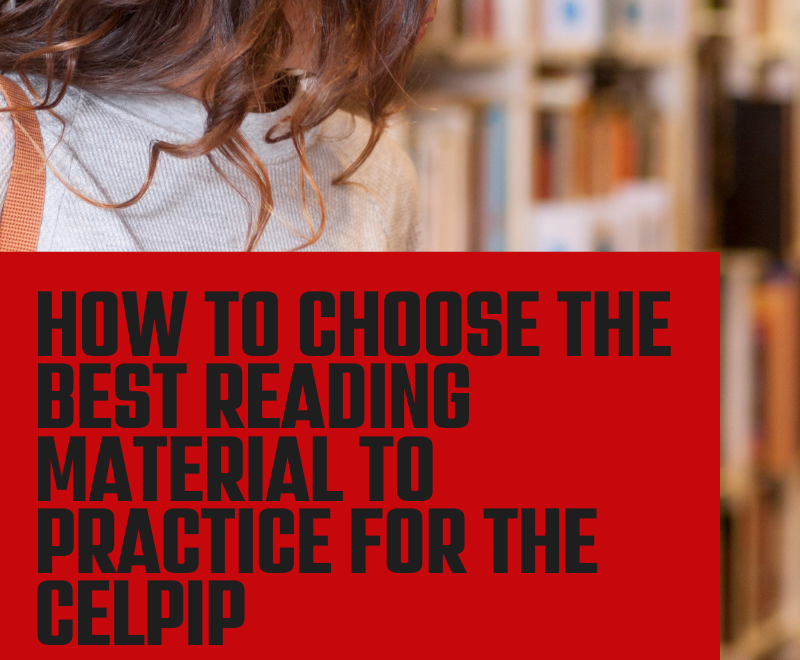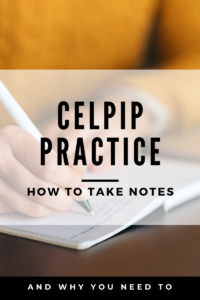Reading can be the most important and fun thing you do to develop your vocabulary and increase your contact with English – both are vitally important!
But how should you go about choosing what you read if you’re doing this on your own?

The Importance of Choosing the Right Reading Material:
- Selecting engaging reading materials for effective self-study matters more than you can imagine! It can literally make or break you!
- What you read should capture your interest and keep you motivated.
Over the course of my teaching career, I’ve see something strange in the way students look at course material: if its boring, mentally painful to work with, and ‘canned’ (I’ll talk about that in a second!) then they consider it to be good to use.
What’s stranger about that: course books tend to just be a means to an end. At least the ones I’ve seen and used.
They are just things you try to get through in order to pass a level or an unit test.
Canned? Yes, I wrote that a second ago didn’t I?
When I think of most course books and materials created for English learners, I immediately think of content that is canned.
It’s contained and kind of feels…artificial.
I get it: when you’re just getting started, you need easy to work with resources. I’m not arguing about that here.
But the more advanced you get – like if you’re thinking about the CELPIP – you don’t need canned English resources.
You need authentic ones. And lots of it!
That’s why learning how to choose your own reading material – in the wild – like in a library or a bookstore is so important.
Key Ingredients for Effective Self-Study:
- The critical element of a self-paced reading plan is choosing material you’re genuinely interested in.
- The reading material should be something you look forward to and have a hard time putting down.
I have yet to see an ESL course book do that for a student: get them so engaged with it’s content that they can’t put it down.
Nope. Not once. Not in any of my 16+ years of teaching.
I have seen it happen with books though.
Creating a Reading Habit:
- A reading habit can be as great as drinking coffee! It can become something you look forward to each day, and something you miss if you can’t read for a day for some reason.
- Reading in English can – and should be – enjoyable and is an effective way to enhance vocabulary and language skills.
I love my coffee. If I can help it, I never miss starting my day with a cup or two. It helps me wake up!
Reading is also something I enjoy doing daily if I can. And one of my favorite things is to sit in my favorite chair and get lost in a book. It’s like letting my imagination play! But it’s not always easy to find a good book to work with.
I hope these ideas help…
How To Find the Right Reading Material:
- Follow Your Interest:
- Look for material that genuinely interests you.
- Check the book cover and book blurb (the bit on the back that tells you what the book is about.) Does it grab your attention? If so, go on to the next step. If not…put it back!
2. Check the Table of Contents:
- Look at the table of contents to ensure the topics align with your interests and goals.
3. Get Random:
This great idea come from ontesol – How to Plan Extensive Reading Lessons
- Randomly open the book to read a few pages. Are you able to read through it and understand most of what you’re reading?
- Repeat this test in different sections of the book.
- Do you notice a few new words, or is the page full of them?
If there are too many new words, or if the text is too hard to read – it feels like it’s over your head – too hard to understand, then put it back. Trying to work with material that is too advanced for you is a recipe for failure and discouragement. (Reading habits don’t get built that way!)
Beware of Being Too Easy:
- Don’t rely on material that is too easy, as it may not help in vocabulary growth.
- Push yourself a little!
Conclusion:
- Follow your interest in reading materials.
- If a book loses your interest, feels overwhelming, or becomes a chore, it’s essential to switch to something new.
This approach is crucial not only for building an enjoyable reading habit but also for effective vocabulary building for the CELPIP exam.



Leave a Reply